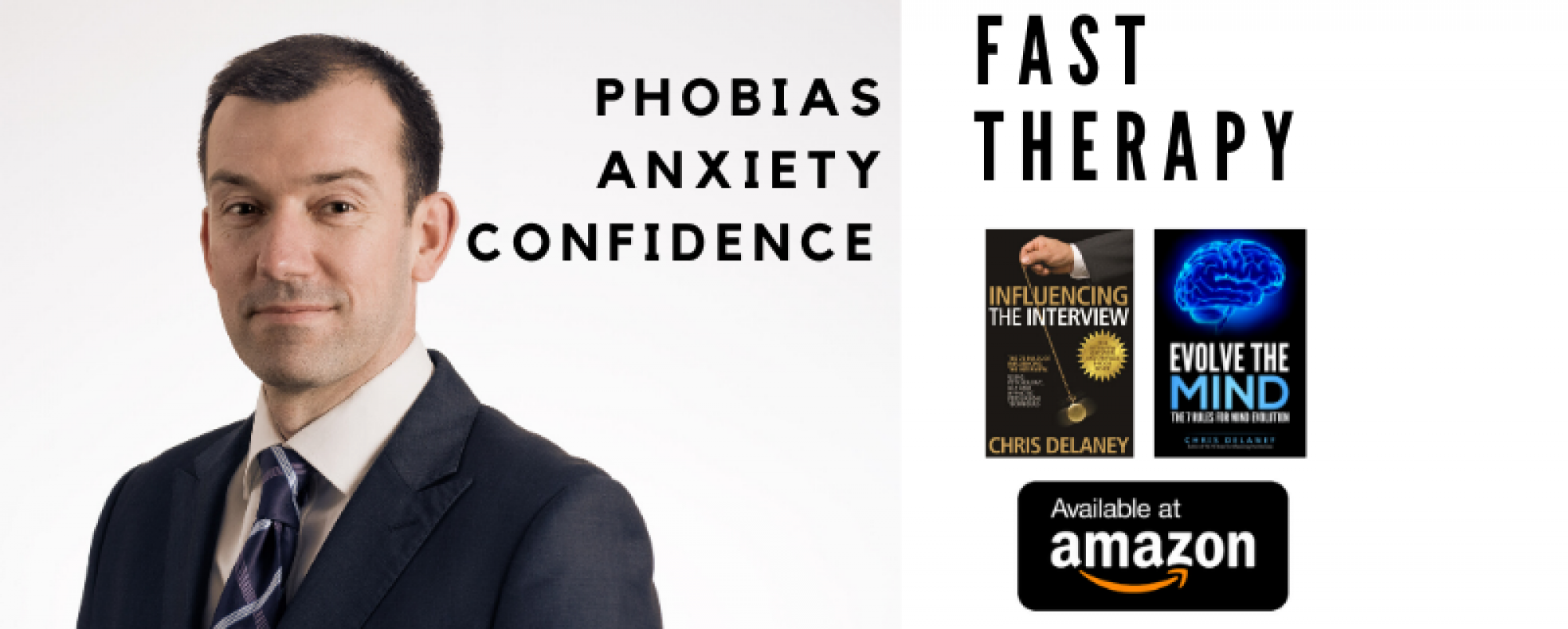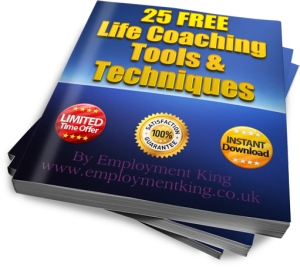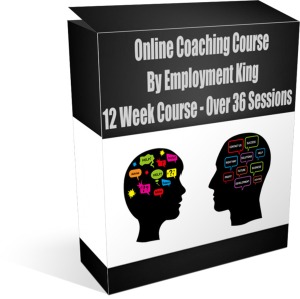Google Brain Therapy
Have you ever explained a situation to a friend or colleague and they got the wrong end of the stick? How many times have you been in a situation when you felt anxious but your friend feels completely at ease? Did you ever get invited to a party or an event and when you arrived, your expectations were dashed?
Why is it that others see the world differently to the way you see the world? How does an activity that we predicted to be good or bad end up being the opposite of what we thought? What is happening in our mind? Does Google have the answer?
A Routine Mindset
We have all heard that our brain remembers everything we do throughout our lives, but I can’t remember where I heard that. Most of our memories are not conscious as a smell, tone, word, image, thought or any other stimulus can bring a past memory to the forefront.
Everything we do is completed through a series of unconscious memories. These memories become unconscious actions which allow us to make quicker decisions, allowing our conscious mind to focus on other activities.
This is one reason why, when you get dressed in the morning you tend to put on the same item of clothing first, each day. When you attend a weeks training course, you tend to sit in the same seat after each break. When you meet a friend you can fall into the trap of asking the same routine questions you always ask “how’s work?” Our mind creates these processes so we can get on with other stuff, we don’t have to consciously re-make simple decisions because they become automatic procedures.
The neurons in our mind fire each time we do or think about doing a task, helping to make the process of doing a task simple and quicker.
The Google Brain
The brain is like a Google search engine (but recalls information in a completely different way to Google) instead of inserting a question or query, our brain uses our 5 senses to ask “how should I respond” the brain will then search for an answer or response, the same as Google finds websites to answer your query.
Instead of finding websites our brain finds memories and memories have an emotional attachment, this emotional attachment helps us to decide how to respond to the current situation. When I attended a party last I felt nervous, so I will feel nervous now, as this situation is very similar. This is why we all see the world differently, depending on your emotional response and your past experiences, your perception of the world changes.
Google is becoming clever and now finds personal websites depending on your previous searches and time spent on various websites. This way two people searching the same query on Google will be given different results. Your brain is similar to Google; it finds personal emotional memories to answer the unconscious questions “how should I react to this situation?” Depending on your own experiences depends on your search results.
As we go through the world we collect new information and evidence to back up or change our memories, creating strong beliefs, changing our perspective and behaviour. Just as Google finds new websites, blogs, videos, news articles and social media sites to answer your search query.
How Fast is Google?
Google finds thousands of results to our query in seconds, but our brain works a lot faster than Google. We are constantly searching for new results (emotional memories) so we can act automatically to new situations. We respond to the party we have been invited to, as we walk through the door of the party venue, we respond to the people we see, the music we hear and we respond to each individual who approaches us to welcome us in. We are constantly searching for results from our Google Brain to help us respond to situations – this is why we a driven by our emotions.
We remember the details of an event or memory as well as the emotional response, and these two factors; details and emotions are stored in different parts of our brain. Our brain, to help us react quickly will guess at current situations by relating this situation with a past memory. The famous metaphor of this is when an ex-service person hears a car back firing and re-lives the emotional experience of being at war.
In each situation we use our Google Brain to search for past experiences and emotions to create generalised emotional responses; last time I met Dave I felt awkward, here he comes, I’m feeling awkward. When I went to Spain last year I had so much fun, when asked if you want to go to Spain, your Google Brain searches “Spain”, search result “fun” – You remember that Fun emotion.
Emotional Google, Influences Emotional Results
Google will allow you to block certain websites or certain types of websites, affecting the search results you are given. Our emotional state works in the same way. If you feel angry, depressed, joy or any other strong emotion your Google Brain uses your current emotional state as a “block” affecting the search result your unconscious pulls to the forefront.
As with Google Search Engine, you can delete the block on your Google Brain. This is best done by remembering an event with an opposite emotional attachment; if you feel angry remember a time you felt calm. This works because our mind can only recall one emotion at a time – you can’t feel love and hate at the same time, one has to come before the other.
Whichever emotion you currently feel will be used to filter your Google Brain results.
The Best Google Results
Google uses thousands of processes to help you get the best results for your query. This includes checking your past searches, time spent on websites and Google will downgrade any websites that used cheats to help them rank high “Black Hat SEO.” Google checks the popularity of websites, the links one websites receives from others and a range of algorithms to help you, the user, find the best website to answer your query.
Some of us are using an updated Google Brain to help us access the best state to help us respond positively to situations, to allow us to control our emotions, to create new responses to old situations, to overcome phobias and negative experiences, to help us achieve goals and to allow us when needed to access our peak performance and best state.
Others on the other hand are still operating on an old version of Google Brain. They access the same emotional response that is no longer useful, they use automatic processes that are outdated, they have emotional barriers that stop them moving forward and they can’t access useful emotions in situations where they want to be in control.
If Google constantly pulled up useless search results to your queries, you stop using it, wouldn’t you?
To get the best Google Brain results, we need to take a leaf out of Google Search Engine; we need to block websites that don’t offer us our desired answer (we need to block emotions and responses that are no longer needed) and find the best results that give the knowledge and outcome we desire.
Changing Google Results
To change our Google Brain results is easier then most people think. We respond to what we think about, just as Google will only give you results relative to your search query. If you think about a happy experience you will feel happy, if you remember the last time you were excited you will feel excitement, if you think about a time you laughed out loud, you will start to laugh.
When you require a new resource for a situation, you can think about the state you desire and you will feel this state. And just as Google will use the websites you visited to help give you individualised search results, your Google Brain will associate this new positive feeling to the situation and the more you associate the two, feeling good + situation the stronger the association will become until your Google Brain makes the positive emotion the number one search on your query “situation”
Many techniques help with this from altering perceptions, reframing, questioning the response, changing submodalities and simple mediation. But as with Google the more you use the website (the more you use the positive state) the higher up in the search page your positive emotion will be.
Chris Delaney NLP Life Coach, Hypnotherapist and Career Advisor is available for booking for One to One Private Sessions, Group Training Sessions and Public Speaking Events
Other People Who Read This Article Also Read:
Chris Delaney Specialise in:
FREE Life Coaching Downloads
Sponsored Adverts
Coach Yourself To Success; Reduce Low Self Esteem and Increase Confidence
Train to Be a life Coach and Make Money as a part time or full time Coach
101 Life Coaching Tools and Techniques
Chris Delaney NLP Life Coach, Hypnotherapist and Career Advisor is available for booking for One to One Private Sessions, Group Training Sessions and Public Speaking Events
Venues
DIDSBURY: 4 Birley Park, Didsbury, Manchester, M20 2TL
MANCHESTER: The Triangle, 37 Exchange Square, Manchester M4 3TR
E-MAIL: chrisdelaney7@gmail.com for more information





